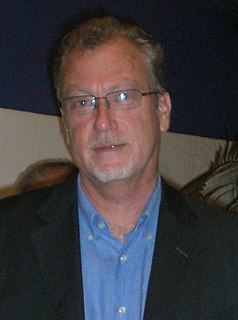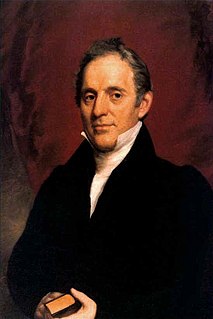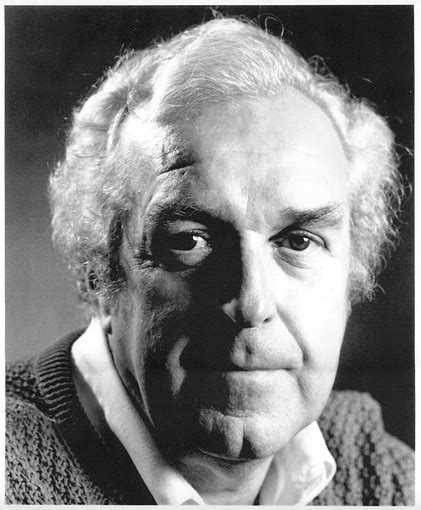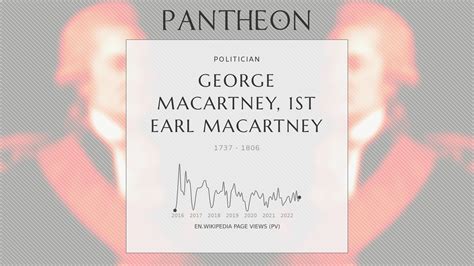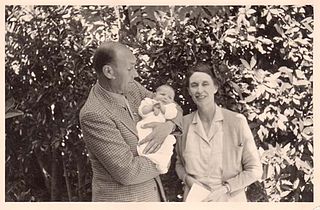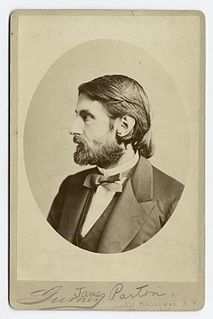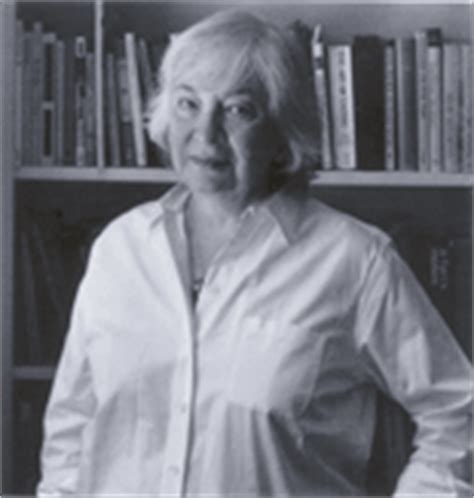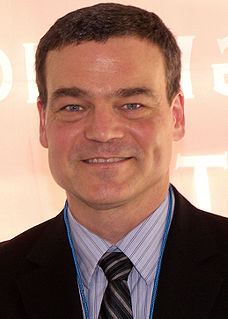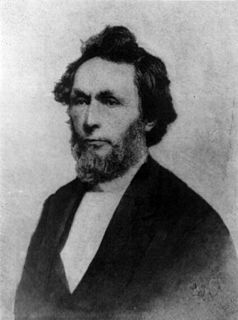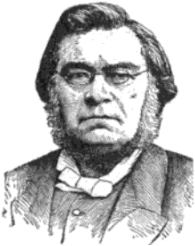Top 18 Quotes & Sayings by Jon Lee Anderson
Explore popular quotes and sayings by an Afghani biographer Jon Lee Anderson.
Last updated on April 14, 2025.
If you're young and inexperienced you might accept what people tell you, that everything's going to be fine, it's okay. It's usually other young people saying that, who don't know any better. It's good to have a survival instinct because increasingly, especially in the whole Arab Spring sort of violence, you're mostly with young people who have not experienced what they're doing before.
We live in an extraordinary time, in which one still has the ability to mold opinion. Also, it's up for grabs. Perceptions are up for grabs in a way that it hasn't been before, which makes it really interesting. Societies that have always defined other aspects of human experience, or histories, try to hold on to it and try to find ways to continue to be the ones who do the interpreting.
For me going to war offers me the ability to write about apparently very alien, sometimes hated or despised people, who've been objectified in a way that restores their humanity. Hopefully for my readers, that denies them the ability to objectify them. I think that's the point. If you can do that, that's a good thing.
How is it possible to live in world where people can rule millions of others? It's incredible! It's like we've gone back to the 12th century. That's what happens when you decapitate intelligentsia and repeatedly traumatize and brutalize a country for decades on end: you do not get virtue. Victims do not make nice people.
I think that feeling of reward comes from being able to find sometimes an unexpected reflection or insight that seems to transcend the description itself, where you actually realize you're concluding something that is a point of view, that may come across and actually touch people's conscience or minds in a way that could change, at least if not things, change points of view.
Charles Darwin, who had witnessed the
atrocities perpetrated against Argentina’s native
Indians by Juan Manuel de Rosas, had predicted
that “the country will be in the hands of white
Gaucho savages instead of copper-coloured Indians.
The former being a little superior in education,
as they are inferior in every moral virtue.
It is important to know how influential people think and perceive their countrymen, let's say, especially when you are talking about people in power. I think it can be very revealing how they regard themselves and their relationship or their responsibility to their countrymen. That is vital for us all to know and in order to be able to judge them and evaluate them.
